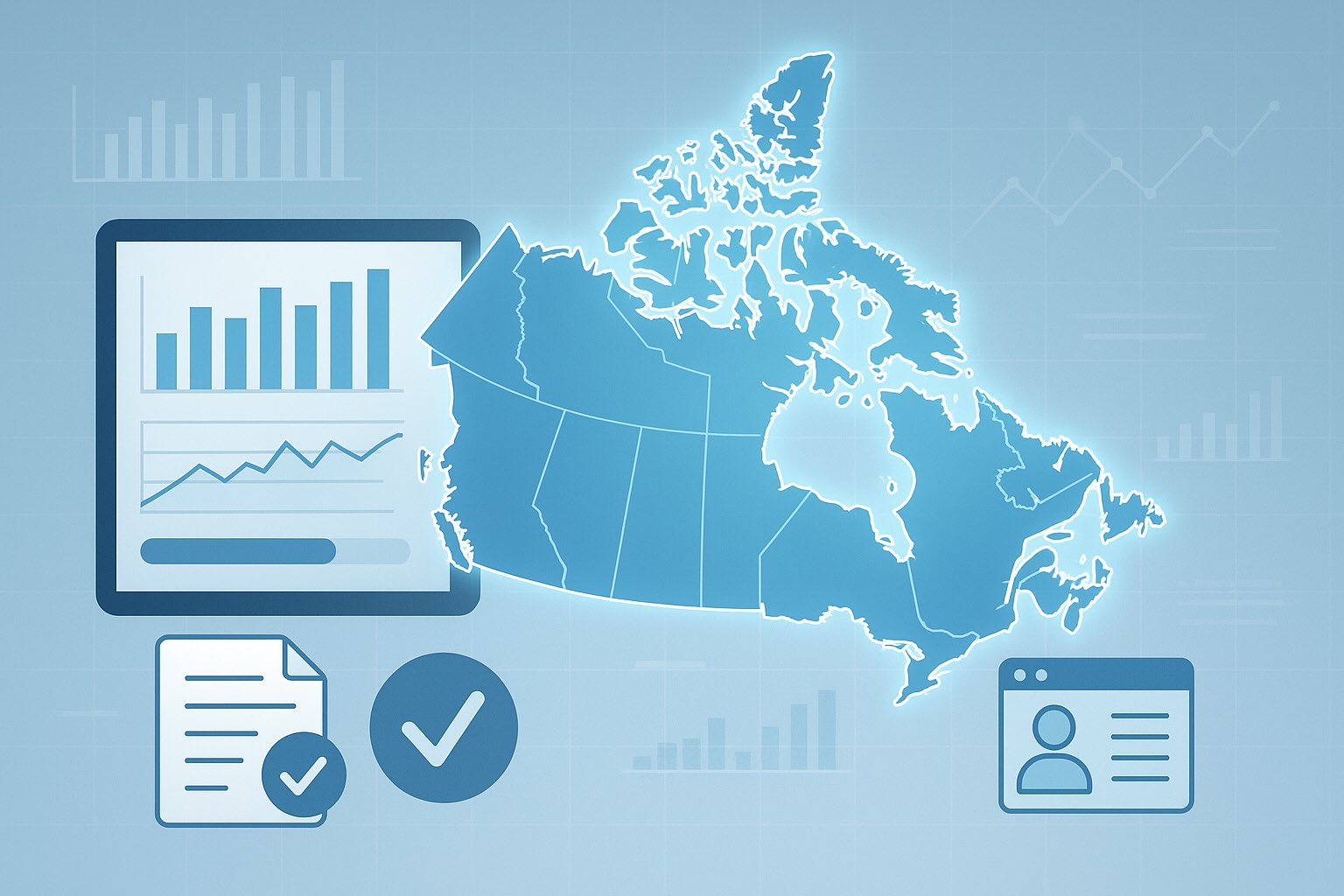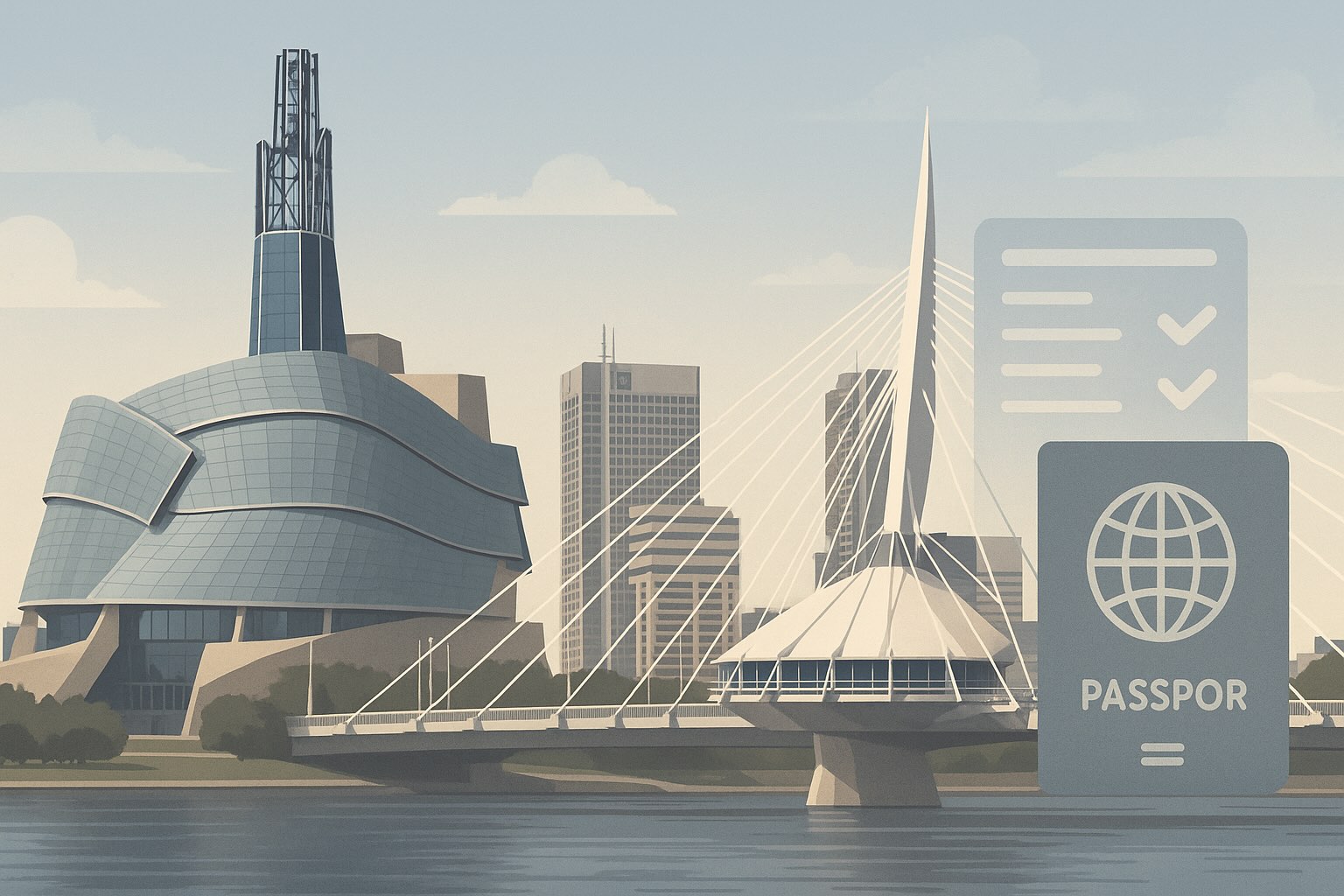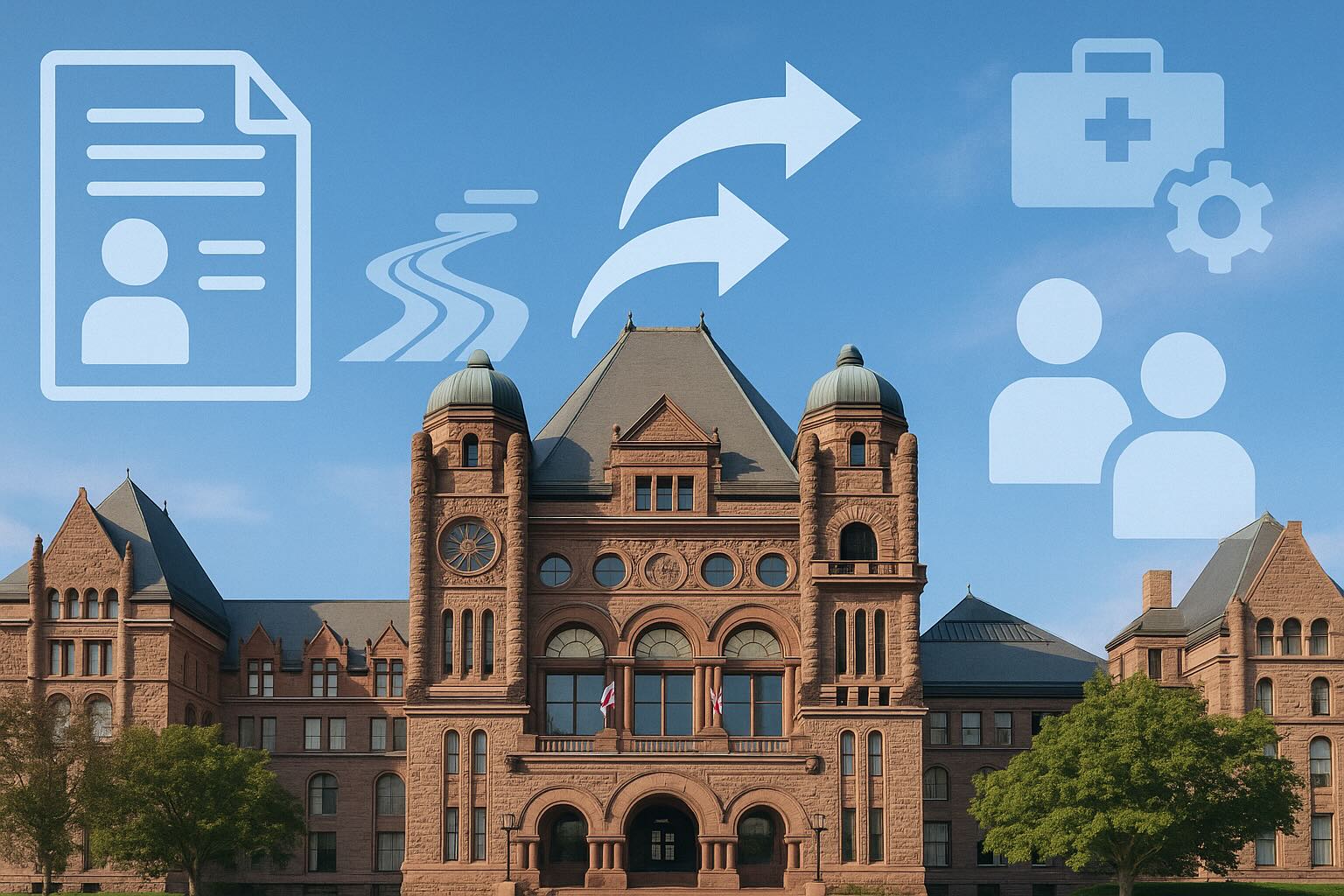A New Leader in Canadian Higher Education: McGill Takes the Top Spot
The 2026 QS World University Rankings, a benchmark for over 1,500 institutions worldwide, have revealed new dynamics within Canada's higher education sector. In the most notable change, McGill University has claimed the top position in Canada, a title held by the University of Toronto since 2019.
1. McGill University - Canada's New #1
- Global Rank: 27 (up 2 spots from last year)
- Overall Score: 88.9
The Montreal-based, English-language university made a decisive move up the rankings. McGill performed exceptionally well in several key metrics, earning high scores for Sustainability (96.3), Employment Outcomes (98.9), Academic Reputation (98.1), and Employer Reputation (93.5). These scores reflect its graduates' strong competitiveness in the global job market and its profound influence in the academic community, which were crucial factors in its ascent.
2. University of Toronto (U of T) - A Formidable Powerhouse
- Global Rank: 29 (down 4 spots from last year)
- Overall Score: 88.5
Although it now ranks second in Canada by a narrow margin, the University of Toronto's status as a top global institution remains unshakable. It has been Canada's leader in the QS rankings since 2019 and has consistently placed in the world's top 30 for five consecutive years. Notably, U of T continues to lead the world in the Sustainability metric with a perfect score of 100. Its Academic Reputation (100) and Employer Reputation (99.1) are also nearly perfect, showcasing its elite global standing.
3. University of British Columbia (UBC) - A Stable Presence in the Top Tier
- Global Rank: 40 (down 2 spots from last year)
- Overall Score: 85.5
As the academic jewel of Canada's West Coast, UBC maintains its position as the nation's third-best university. It has consistently ranked between 34th and 50th globally in recent years, demonstrating stable performance. This year, UBC ranked fifth in the world for Sustainability and also scored highly on Academic Reputation (99.6) and International Research Network (96.6), underscoring its strength as a world-class research university.
4. University of Alberta - A Significant Climb
- Global Rank: =94 (up 2 spots from last year)
- Overall Score: 70.1
Located in Edmonton, this public research university achieved its best ranking since 2018, re-entering and solidifying its position within the global top 100. The University of Alberta was highly rated for its International Faculty Ratio (99.4) and International Research Network (94.5), indicating significant success in global academic collaboration and talent attraction.
Other Canadian Universities in the Global Top 500:
- University of Waterloo: =119
- Western University: 151
- Université de Montréal: 168
- McMaster University: =173
- Queen’s University: 191
- University of Calgary: 211
- University of Ottawa: =219
Beyond the Rankings: A Practical Guide for International Students
For international students aiming to attend these top universities, understanding Canada's study and immigration policies is crucial.
Applying for a Study Permit
- Choose a Designated Learning Institution (DLI): International students can only apply to institutions authorized by the Canadian federal government to accept them. All universities listed above are DLIs.
- Obtain a Letter of Acceptance (LOA): Once you receive an LOA from your chosen school, you can begin preparing your study permit application.
- Prepare Sufficient Proof of Funds: This is a critical part of the application. According to the latest requirements, a single applicant studying outside Quebec must show they have $20,635 CAD for living expenses, in addition to funds for tuition and travel. This amount increases with the number of family members and is expected to be adjusted annually.
- Get a Provincial Attestation Letter (PAL): This is a key new requirement. Most applicants for study permits now need a PAL issued by the province where they plan to study. The process for obtaining a PAL varies by province, so it is best to check with your DLI for details.
- Other Requirements: You may also need to provide biometrics (fingerprints and a photo), undergo an immigration medical exam, and/or provide one or more police certificates.
A Golden Opportunity Post-Graduation: The Post-Graduation Work Permit (PGWP)
After successfully graduating from an eligible Canadian DLI, international students can apply for a Post-Graduation Work Permit (PGWP), which serves as a vital bridge to gaining Canadian work experience and pursuing permanent residence.
- Open Work Permit: The PGWP is an open work permit, meaning holders can work for almost any employer in Canada without a prior job offer.
- Validity: The permit is typically valid for a period equal to the length of the study program, up to a maximum of three years.
- Pathway to Immigration: Work experience gained on a PGWP, especially in a skilled occupation, can help graduates qualify for permanent residence through programs like the Canadian Experience Class (CEC) under the Express Entry system.
- Important Note: Not all DLIs or programs are PGWP-eligible. Students must confirm their program's eligibility when choosing where to study. A PGWP is issued only once in a lifetime.
About the QS Ranking Methodology
The QS World University Rankings are based on nine key indicators: Academic Reputation (30%), Employer Reputation (15%), Faculty/Student Ratio (10%), Citations per Faculty (20%), International Faculty Ratio (5%), International Student Ratio (5%), Employment Outcomes (5%), International Research Network (5%), and Sustainability (5%). This comprehensive methodology provides a multi-faceted reference for students making their university choices.









